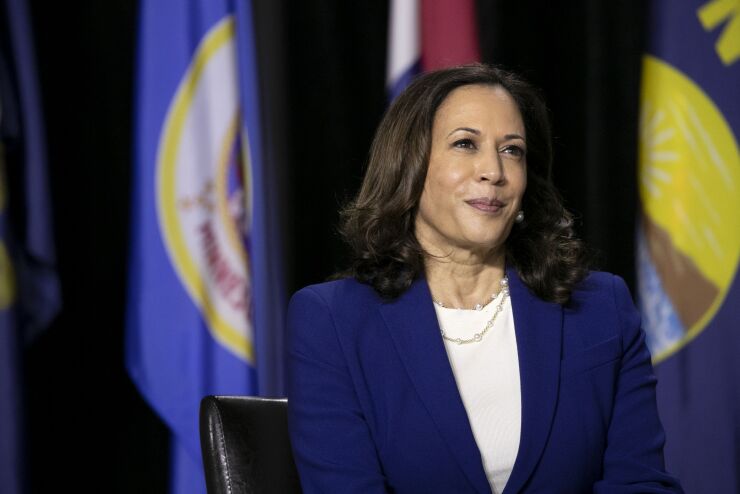The 2024
And if polls are any indication, the U.S. is almost split down the middle, with the latest survey from ABC showing Vice President Kamala Harris leading former President Donald Trump by four percentage points (51%-47%). While both candidates disagree on almost every issue,
In fact, abortion is the most important issue for female voters under 30, according to KFF (formerly the Kaiser Family Foundation), and Newsweek polling points to abortion overtaking immigration as the second most important
Read more:
For Ann Olivarius, an attorney who specializes in cases focused on sexual discrimination, harassment, assault and abuse, it's clear this election could decide what women's futures are allowed to look like, for better or for worse.
"If [Harris] wins this election, it will be symbolic," says Olivarius. "It's simply bizarre that we've only had male presidents until now. In a way, you could say the presidency is the ultimate glass ceiling. If she smashes it, she will change what power looks like in the United States."
Olivarius views Harris' run for the presidency as monumental because of what her policies could mean for women and American families and the example she could set for generations by being the first woman to be elected to the highest office in the nation. Olivarius spoke further with EBN to share her thoughts on the upcoming election.
When did you first hear that Harris would be running for president?
I was actually sitting on a plane when the news was announced — I was on a seven-hour flight, and next to me was a woman who played Angry Birds for seven hours. When we landed, she turned to me and asked, "What do you do?" And I said that I'm a lawyer. She said she was the general counsel of a major insurance company. Then she asked me what I thought about Kamala Harris, so I asked her what she thought. She said she was for all women, but [Harris] just doesn't do it for her. And that's what people say about all women; that's what they said when Hillary was running.
Read more:
Women get this all the time, in whatever [industry]: She's not beautiful enough, she's too thin or too fat, or she's not much of a mother. There's always something, and with men, that analysis just doesn't happen. That's what sex discrimination looks like.
What talking points or policies make you especially excited about the Harris campaign?
Obviously, she's talking about reproductive rights, which Republicans are against. She's pro-workers and pro-union, and she wants six months of paid family and medical leave. She wants to make it harder for employers to classify workers as independent contractors and wants to prevent employers from paying workers who have a disability lower than minimum wage. Although Biden had a similar agenda, hers is much stronger and much more pro-family. [Harris] also has the Domestic Workers Bill of Rights Act. A quarter of all people in poverty in the United States are domestic workers, like nannies, cleaners and careers — they don't get protections, and they don't get paid overtime. And the majority of people who live in poverty in the United States are women.
You're going to see more legislation like this from her. Now, of course, Harris can only sign laws that Congress puts on her desk, and the president's impact on the economy is more modest than most people believe. There's a wide gap between her goals and her ability to implement them, but that's not [Harris'] problem. That's a structural fact.
What backlash does Harris' campaign and potential presidency bring to Harris and marginalized communities?
There will be white guys and white women who say, "Nope, I don't like this. I like the status quo." Look what happened with affirmative action and college admissions. When I came of age, affirmative action was really important. It was considered a way to give other people a shot. But there are people who don't want to see that.
Read more:
In many ways, Trump is a response to feminism, to Black Lives Matter — white men and women are angry that women's roles have changed, that there are people of color who have a shot at the big time. You're going to hear all the usual stuff, and people will try to knock Harris down however they can. But she's tough, and she's an inspiration to so many women to reach their dreams.






